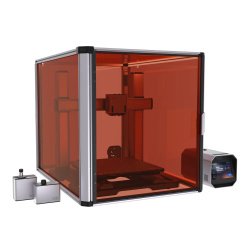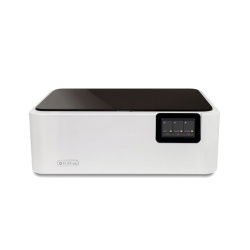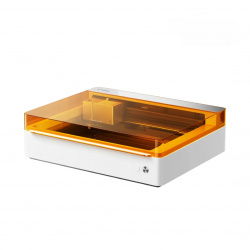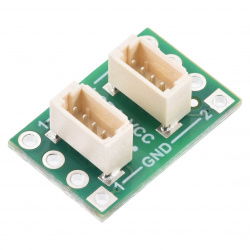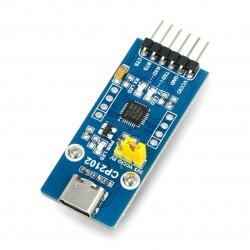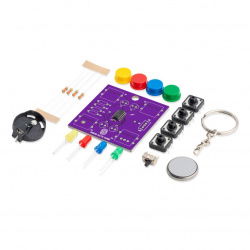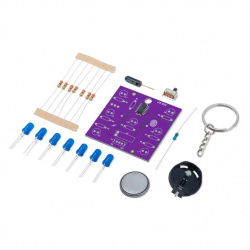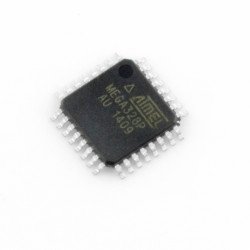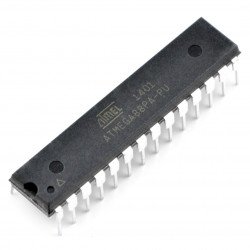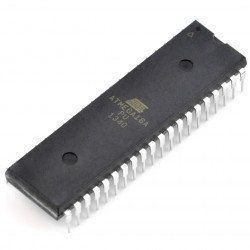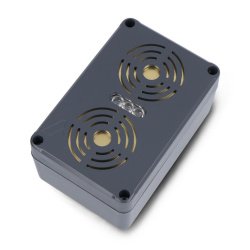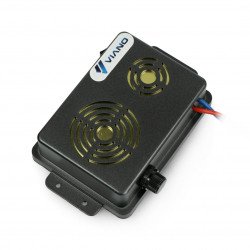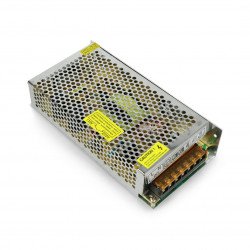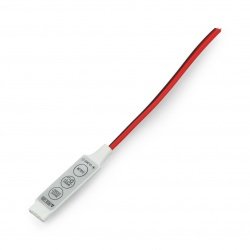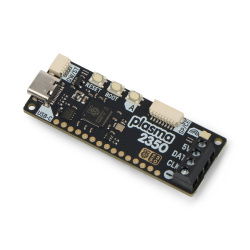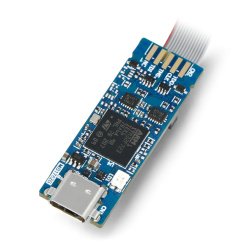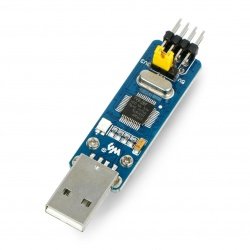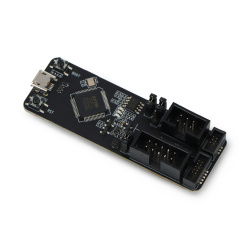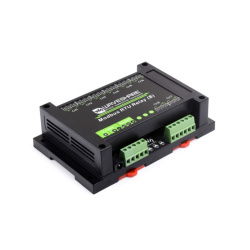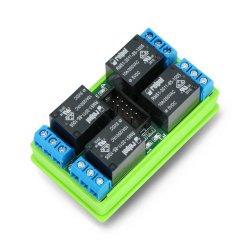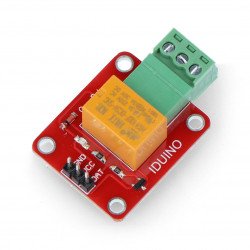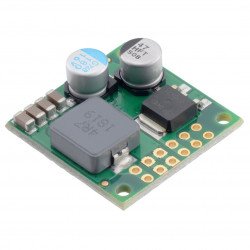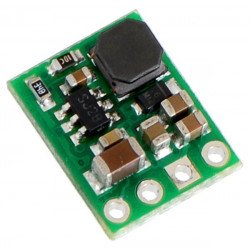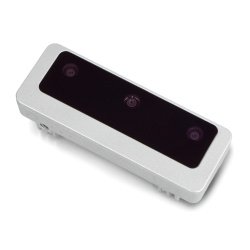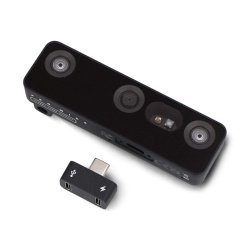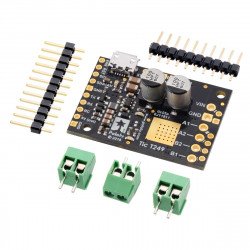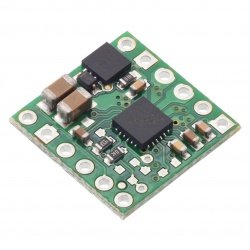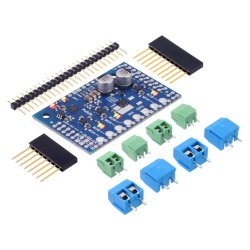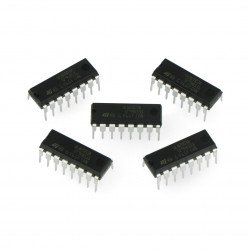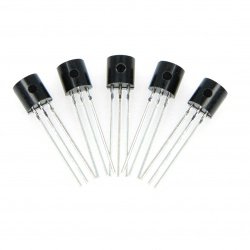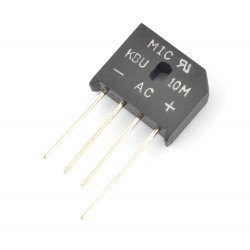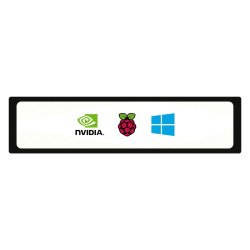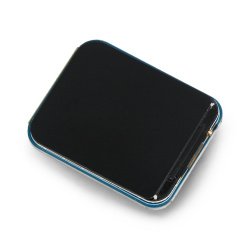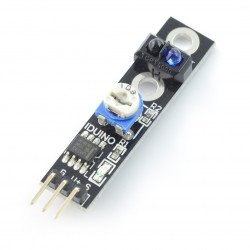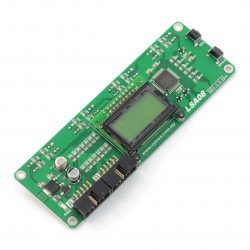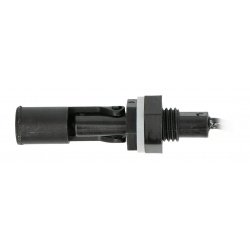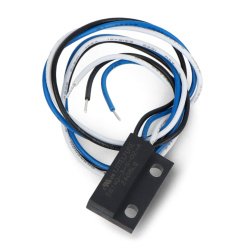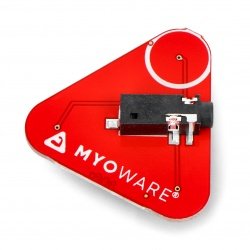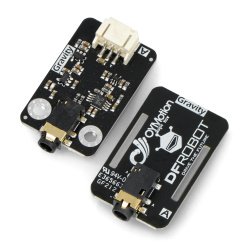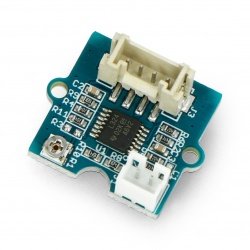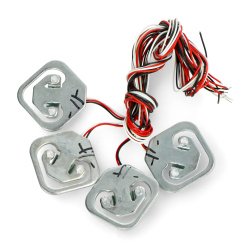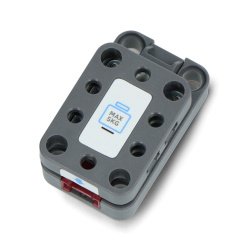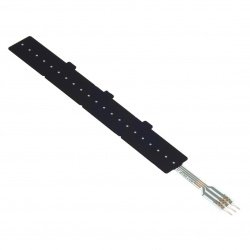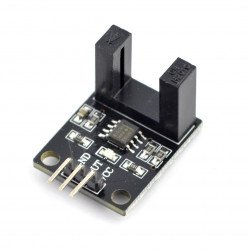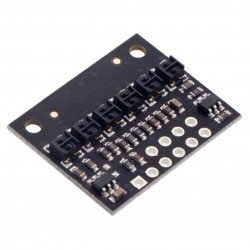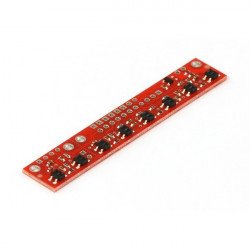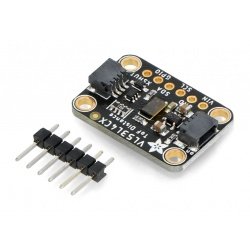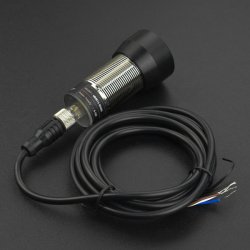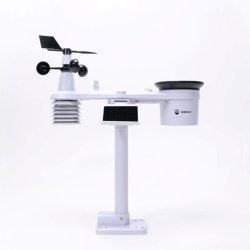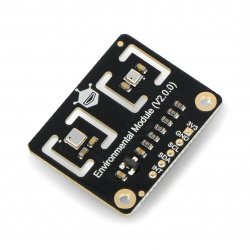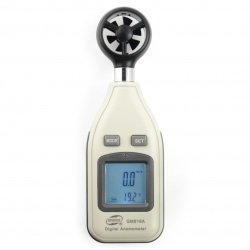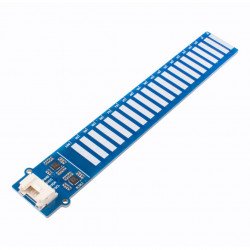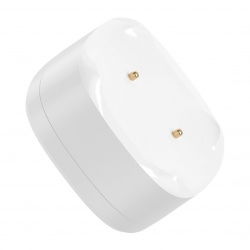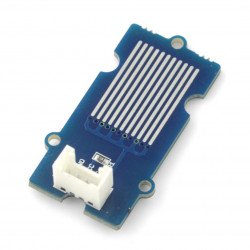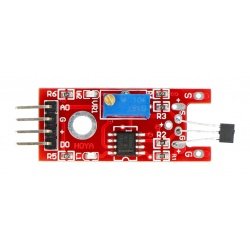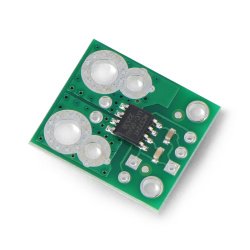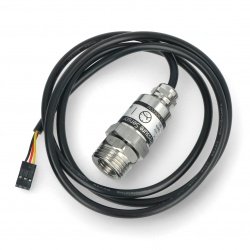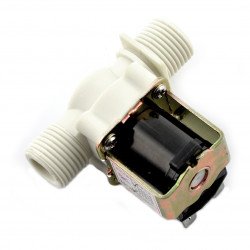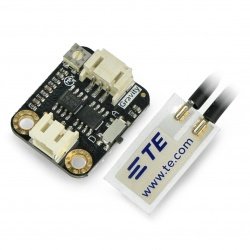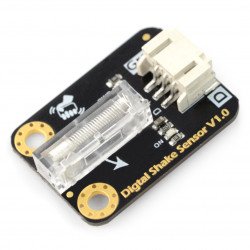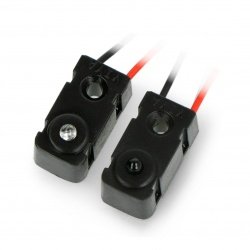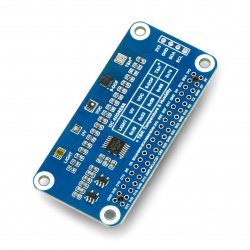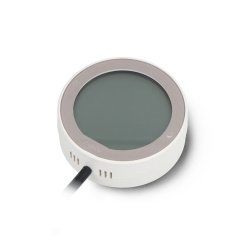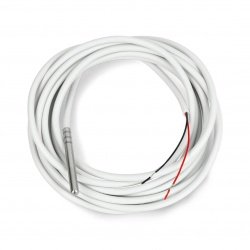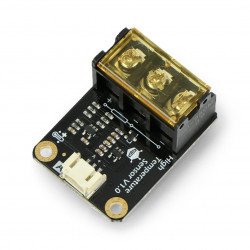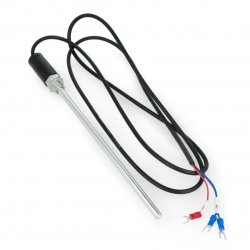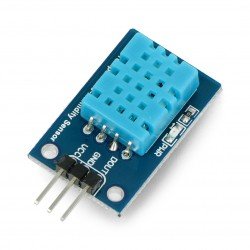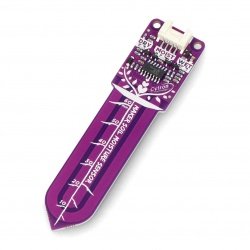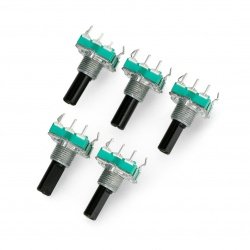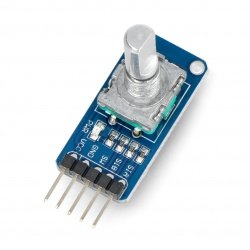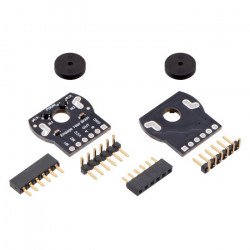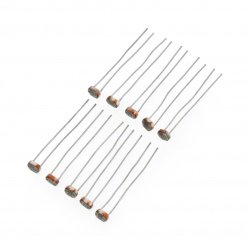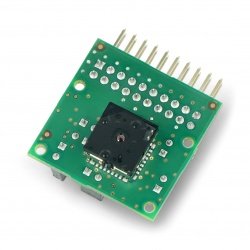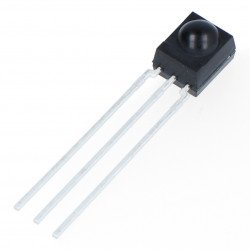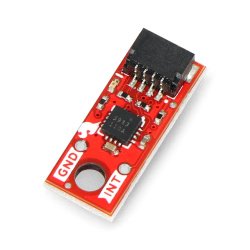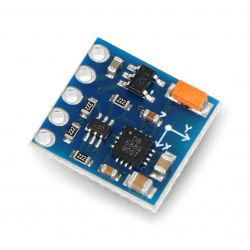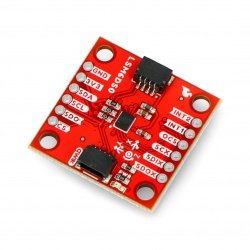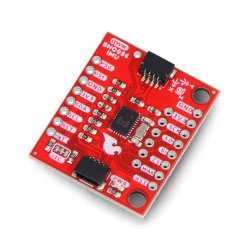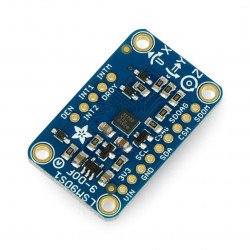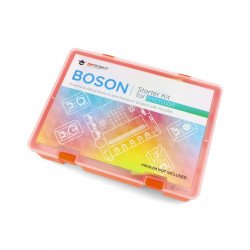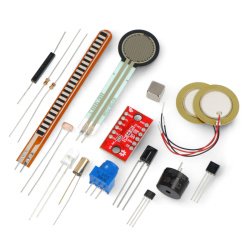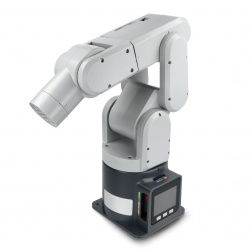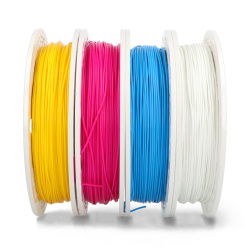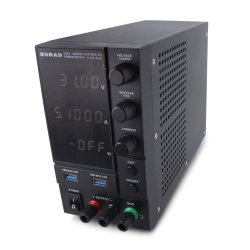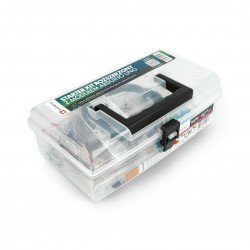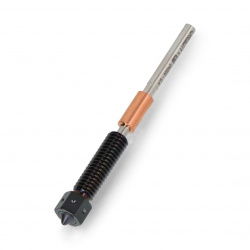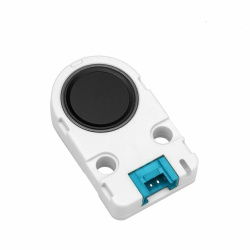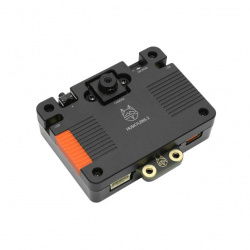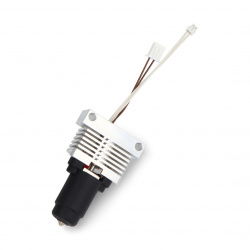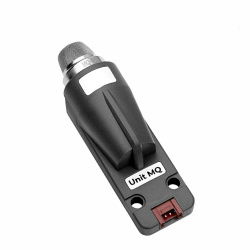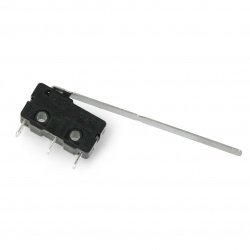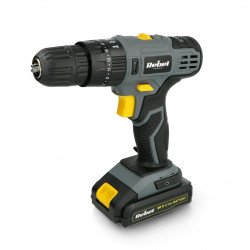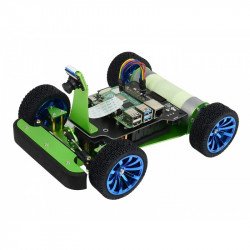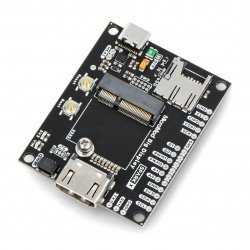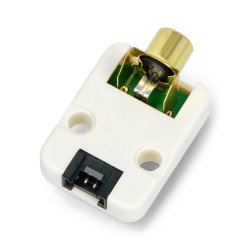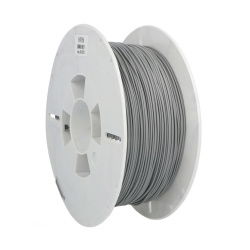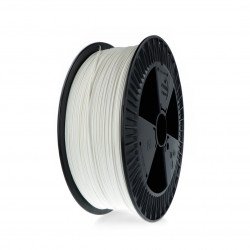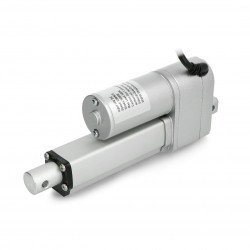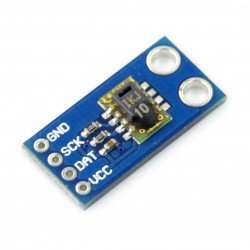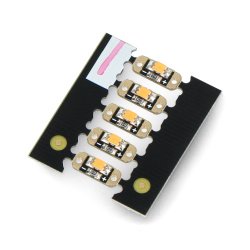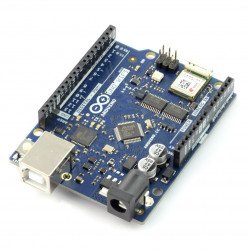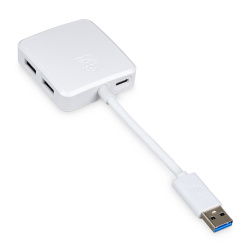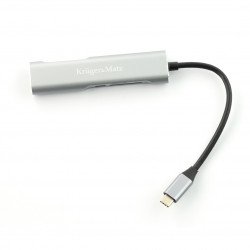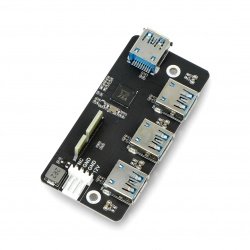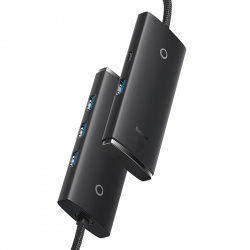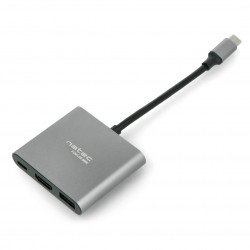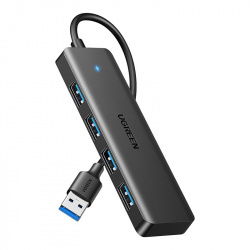Currently manufactured stationary PCs and laptops are usually equipped with at least 2 USB A-type ports. Thanks to this, we can connect various external devices to the computer, such as a mouse, keyboard, flash disk, MP3 player, MIDI-to-USB interface, mobile phone and many more. The problem appears when we want to connect many devices to the computer at the same time - then there are no free USB connectors. In such a situation, for example, we must stop charging the battery in our portable MP3 player to be able to use the wireless mouse. However, there is a simple solution to this problem, which is to connect a USB hub to the computer. Thanks to this device, the problems related to the parallel use of several USB devices at the same time disappear. Our offer includes USB hubs diversified in terms of practical additional functions, such as switches for individual USB ports, LED backlight, and micro SD memory card readers. In terms of power supply, the Botland store offers USB hubs powered directly from the computer's USB port, as well as active USB hubs that require an external AC adapter. Unlike passive USB hubs, active USB hubs provide very high power efficiency. The USB hubs available in our offer are compatible with the USB 2.0 and USB 3.0 standards.
USB hubs
Raspberry Pi USB 3 Hub - 4-ports USB Hub
The Raspberry Pi USB 3 Hub is a compact USB hub that turns a single USB A port into four additional ports , allowing you to connect multiple devices to your Raspberry Pi....Multiport Adapter (HUB) USB C HDMI / USB 3.0 / SD / MicroSD / C Kruger&Matz
USB HUB with USB ports, HDMI 4K, card reader SD and microSD, and USB type C port, offering the technology of Power Delivery , which is perhaps the power of devices connected...PCIe to USB 3.2 adapter HUB 4x USB - compatible with Raspberry Pi CM4 - Waveshare 18899
PCIe to USB 3.2 adapter created by Waveshare company. After connecting to PCIe slot it expands device interfaces by 4 USB 3.2 ports . Adapter is compatible with CM4IO...Adapter 4in1 Hub USB Type-C - 4x USB Type-A 3.0 - black - Baseus Lite Series 4-Port
The Baseus Lite Series 4-Port Hub is a compact and fast USB Type-C to 4x USB 3.0 adapter, offering data transfer speeds of up to 5 Gbps . Thanks to its plug and play...Hub - Multiport Natec Fowler Mini - USB-C PD - grey
This adapter gives us access to HDMI, USB A and USB C using only one port on our USB C device. The Natec Multiport allows you to quickly access the connectors you need at...4in1 USB Type A Hub Adapter - 4x USB Type A 3.0 - Black - Ugreen 25851
The Ugreen 4-in-1 adapter is a practical solution that lets you expand your computer, laptop, or console with additional USB ports. It provides four new USB 3.0 ports ,...See also
USB hubs for various types of cables
A USB hub is a type of USB splitter (or USB splitter) thanks to which you can easily connect several separate devices independently. This solution works on a computer, laptop, microcomputer or smartphone (the latter usually requires a micro USB hub cable) and allows you to connect, for example, a keyboard or gamepad, which makes playing games much more enjoyable. USB Hub (so-called USB splitter) is a practical and convenient solution for everyone. Also check out the active USB HUB, available in several models, equipped with several additional USB ports (including a fast USB 3.0 and USB C port).
USB splitter - Greater possibilities of Raspberry Pi and saving sockets
Raspberry Pi has a limited number of USB connectors - enabling the use of many more such connections opens up completely new possibilities. With the right tools, you can easily connect a USB keyboard to your microcomputer while remaining connected to the computer.
USB splitter - additional USB ports
Botland's offer also includes a USB hub in various versions with many sockets, with practical switches individually installed. If the device is connected to a computer, you can easily disconnect various cables without using up the sockets - only the on and off switches will be used for this purpose. An active USB HUB is also available.
A variety of possibilities from Botland
Our offer includes a number of unique solutions from renowned companies - including a USB hub with switches in various versions, a USB splitter with backlight and memory card readers (SD) . We have USB hubs both in versions with an additional power connection and those that only use power in the USB port. So-called active USB hubs can achieve much higher transfer speeds (than passive ones) by supplying current at the appropriate intensity. There are versions compatible with USB 2.0 (and earlier versions) and with USB 3.0 (compatible with USB 2.0 and earlier). All supported USB standards ensure versatile use of the splitter. If you have any questions or concerns about USB hubs, please contact us by phone or e-mail. Experienced advisors will be happy to help you choose a model tailored to your specific needs.
USB hubs - FAQ
A USB hub is a kind of "splitter" which, thanks to the built-in integrated controller, directs data streams to/from individual peripheral devices from/to one port of the master device (e.g. computer).
In simple applications (e.g. when we want to connect a keyboard, mouse and webcam to one computer port), small, multi-port hubs without additional functions are enough. If we want to connect several power-hungry devices (e.g. external drives) at the same time, it is worth choosing a hub with a power supply (e.g. K462A).




